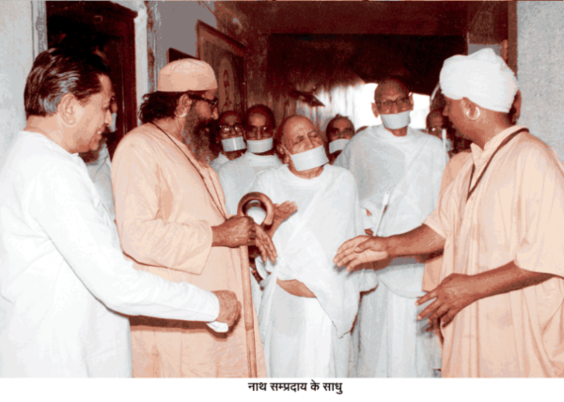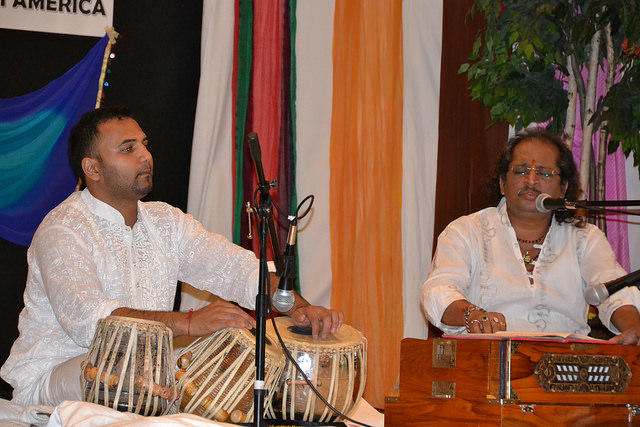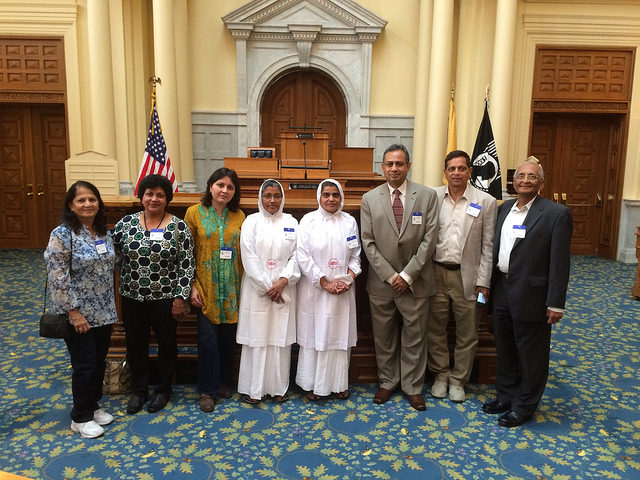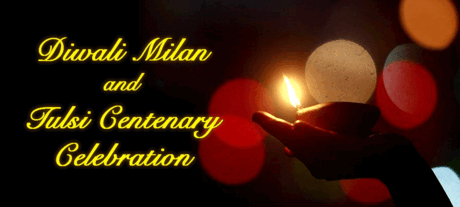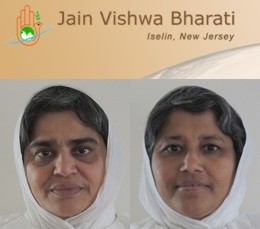 | |
Samani Bhavit Pragya | Samani Sangh Pragya |
|
| Kshamapana Diwas JVBNA celebrated Kshamapana and Bhikshu Jaap Diwas on September 13, 2014 under the guidance of Samani Bhavitpragyaji and Samani Sanghpragyaji. The master of ceremony, Deepa Jain graciously announced the commencement of the program with Navkar Mantra by Samanijis, followed by Bhikshu Swami Jaap. Samani Sanghpragyaji spoke about the life of Swami Bhikshu. Swami Bhikshu had to face many adversities in his life related to food, clothing, and shelter. Acharya Bhikshu's first shelter was a cremation ground, which is generally the last shelter for an ordinary person. He was not able to procure adequate food and stayed in cramped and haunted places. These adverse conditions did not perturb him as he continued to follow the right path and is now Indra in the fifth devlok. Samani Bhavitpragyaji spoke about the importance of forgiveness in our lives and encouraged the audience to resolve the differences in their lives to attain the highest state of self. Forgiveness is a brave act and a person, who can seek forgiveness, inculcates sahajta, and rijuta in his life. Samanijis gave away prizes to the winners of Paryushan worksheet - Bhavi Daftary, Tanvi Shah, Gaurav Shah, Hersh Daftary, and Dr. Namrata Shah. JVBNA treasurer Sudhir ji Jain acknowledged the Annual Contributors for 2014-15, and motivated others to donate towards the mission and activities of JVBNA. Past Chairman of the Board, Surendraji Kankariya introduced our special guest Maestro Kummar Chatterjee, who mesmerized the audience with spiritual Jain Bhajans. The program was followed by Sadharmik Vatsalya. |
Samani Bhavitpragyaji and Samani Sanghpragyaji were invited to the NJ Assembly to lead a prayer session on Monday Sept 29, 2014. JVBNA President Madhumita Sacheti delivered the introduction. Samanijis discussed the meaning and benefits of Navkar Mantra and Mangal Bhavana, as they recited these prayers in front of the NJ assemblymen. The prayer session was sponsored by Assemblyman Patrick Diegnan and was very well received at the well attended assembly session.
Prayer at NJ Assembly, Sep 29, 2014

Upcoming Events
- Gyanshala 2014-15 Session Begins - Sunday, Oct 5
- Diwali Jaap - Thursday, Oct 23 - 10AM-11AM - JVBNA Center
- Upasak Dasha Agam 8 Day-Weekend Course - Nov 15, 16, 22, 23, Dec 6, 7, 13, 14 - 10AM-12:30PM - JVBNA Center
- New Year, AGM, EC Oath, & Samanijis' Mangal Kamana Samaroh - Thursday, Jan 1
Ongoing Activities at the JVBNA Center
Wednesdays - Yoga
Thursdays - Swadhyay
Saturdays - Prayer, Meditation, and Swadhyay
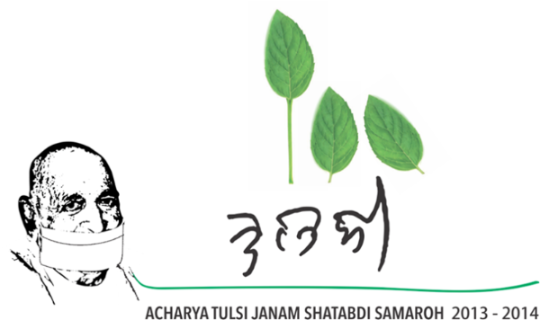
(We have started this monthly newsletter on the occasion of Achrya Tulsi’s Centennial Birthday Celebration. Acharya Tulsi was the man of Mission and Motives. Dr. Radhakrishnan former President of India (1888-1975) his book "Living with Purpose" included him in 15 great persons. Read more about Acharya Tulsi in upcoming issues.)
